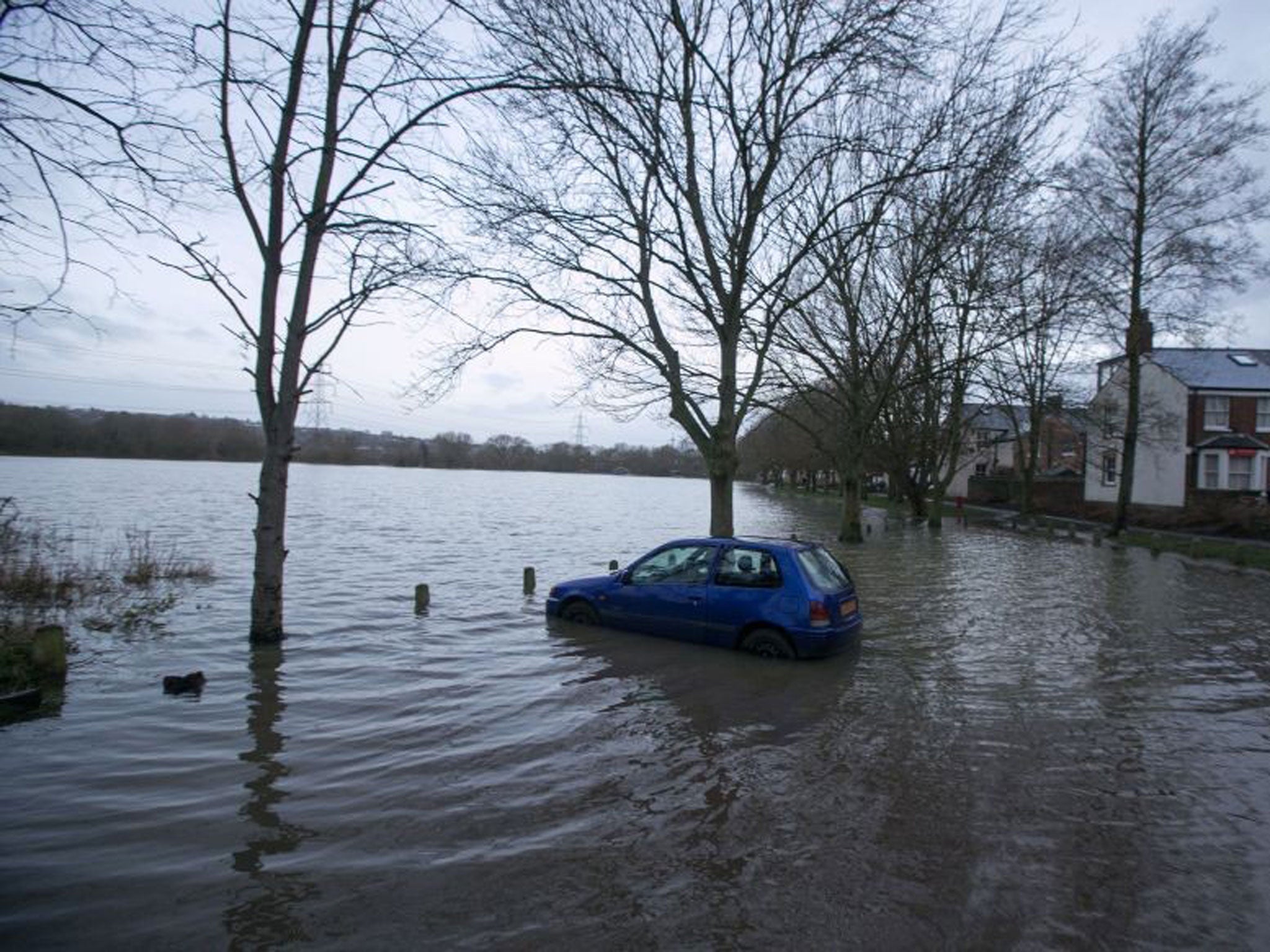UK dams are 'dangerously unregulated'
Unmanaged and ill-maintained water barriers put lives and property at risk, says report

The safety of scores of Britain's smallest dams is being compromised by flooding and the severe storms hitting the country, experts say. In a report, they warn that small dams, which can hold back up to 25,000 cubic metres of water (five million gallons), are dangerously unregulated and that the UK has been "lucky" that nobody has died from a dam failing since 1925.
The study, commissioned by the British Dam Society (BDS) says that unless the dams are routinely inspected and their risks better assessed, "lives and property" will be "at risk". Under current rules, only reservoirs with a base size of over 25,000 cubic metres are inspected, but experts have warned that even smaller dams carry a potential danger. The reports states there have been at least 41 safety problems at small dams in England and Wales over the past six years, including 14 serious incidents.
In one incident, a breach at Shut Mill Dam, near Romsley, Worcester, in 2008 nearly killed one resident, despite the fact the dam contained only 6,000 cubic metres of water.
The report says the exact number of small dams in the UK is unknown, but many, built by the Victorians, were not built with "formal engineering design or supervision". After the industries they served closed, they have been left "unattended, unmanaged, not maintained, not visited".
The BDS wants all dams, regardless of size, to be assessed on a regular basis. However, the National Farmers' Union, which has many members with dams on their land, are opposing any change. According to documents submitted to the Environment Agency, they insist that dam maintenance can be achieved, "without the further expense of employing a panel or inspecting engineer". The NFU has rejected the need to take adaptive action to their property, saying "structural failure of a major nature is not likely, as most reservoirs were constructed to an accepted industry standard and larger reservoirs by panel engineers".
The NFU also called for a screening process to be put in place to identify which reservoirs; especially those between 25,000 and 10,000 cubic metres can present a low risk to life and property.
The BDS is adamant though, that laws are subject to update. Dr Andy Hughes, director of dam engineering at Atkins, said: "The general condition of dams is generally very good and the majority of owners have been responsible in keeping them up to modern standards.
"But there's always a residual risk – we have three or four major incidents or accidents a year, and it's important to remind dam owners about them. We have to be vigilant."
Join our commenting forum
Join thought-provoking conversations, follow other Independent readers and see their replies
Comments
Bookmark popover
Removed from bookmarks